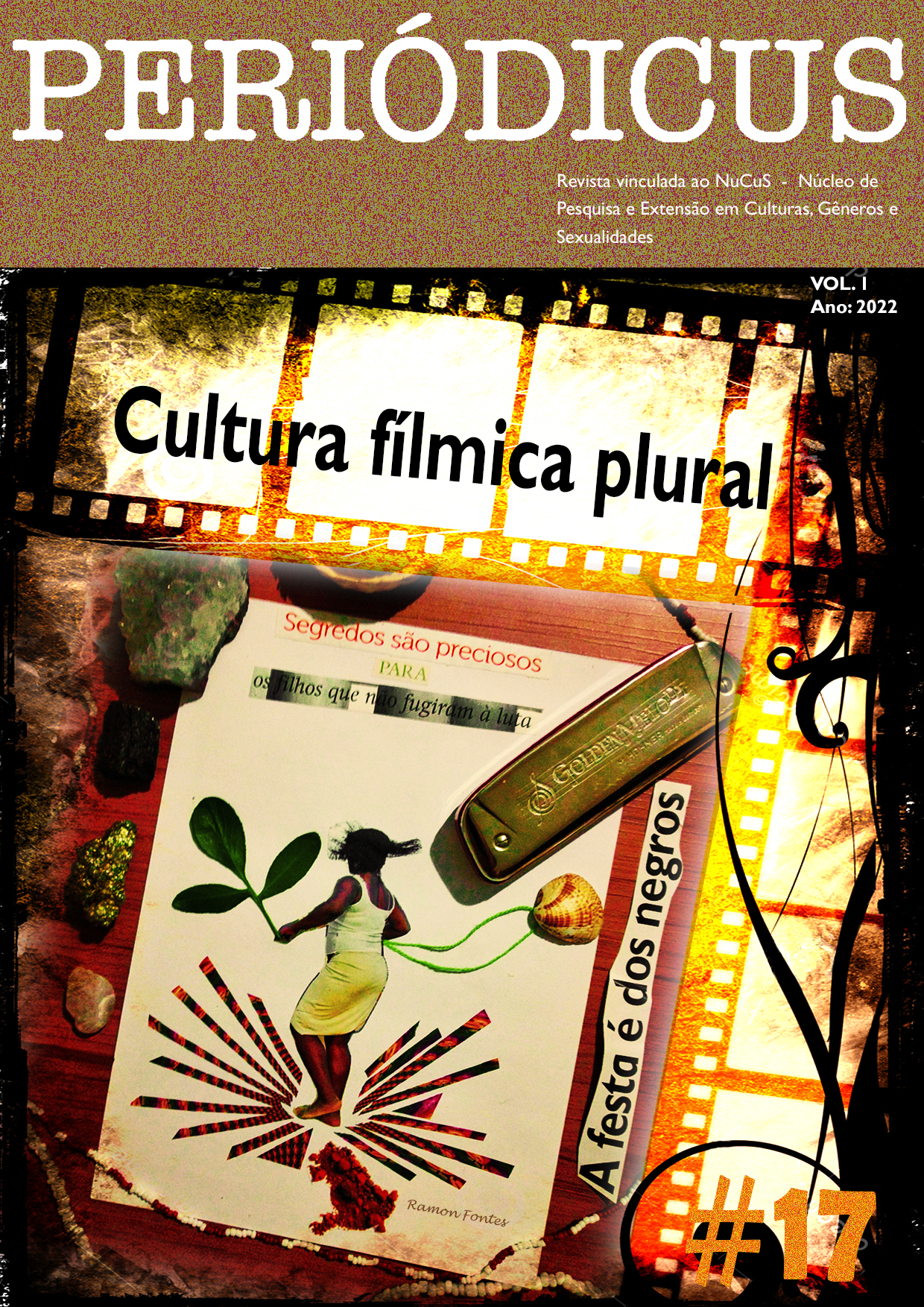School curriculum and the fight against transphobia:
trans lives matter
DOI:
https://doi.org/10.9771/peri.v1i17.46472Abstract
This article aims to analyze the transphobia in Brazil and examine the possibility that school curricula are a turning point to address better the fight against transphobia in our country. In order for us to take care of this ideology, we need to understand the Brazilian social framework, as well as the national educational background that is reflected in the National Education Plan so that we can have a better vision of tran-sphobia in the school environment, as well as the current omission in our school curriculum it can be taking us to the increase of transphobia. With it, through a methodology based on doctrinal, legislative and documentary analysis, guided by the filters of scientific research, we will glimpse the debate on transphobia in schools in order to help in their lives.
Keywords: Transphobia. School curriculum. Trans People.
Downloads
Downloads
Published
How to Cite
Issue
Section
License
Copyright (c) 2022 Pedro Teixeira Pinos Greco

This work is licensed under a Creative Commons Attribution-NonCommercial 4.0 International License.
Autores que publicam nesta revista concordam com os seguintes termos:
Autores mantêm os direitos autorais e concedem à revista o direito de primeira publicação, com o trabalho simultaneamente licenciado sob Licença Creative Commons Attribution Noncommercial que permite o compartilhamento do trabalho com reconhecimento da autoria e publicação inicial nesta revista, sendo vedado o uso com fins comerciais.
Autores têm autorização para assumir contratos adicionais separadamente, para distribuição não-exclusiva da versão do trabalho publicada nesta revista (ex.: publicar em repositório institucional ou como capítulo de livro), com reconhecimento de autoria e publicação inicial nesta revista.
Autores têm permissão e são estimulados a publicar e distribuir seu trabalho online (ex.: em repositórios institucionais ou na sua página pessoal) a qualquer ponto antes ou durante o processo editorial, já que isso pode gerar alterações produtivas, bem como aumentar o impacto e a citação do trabalho publicado (Veja O Efeito do Acesso Livre).







